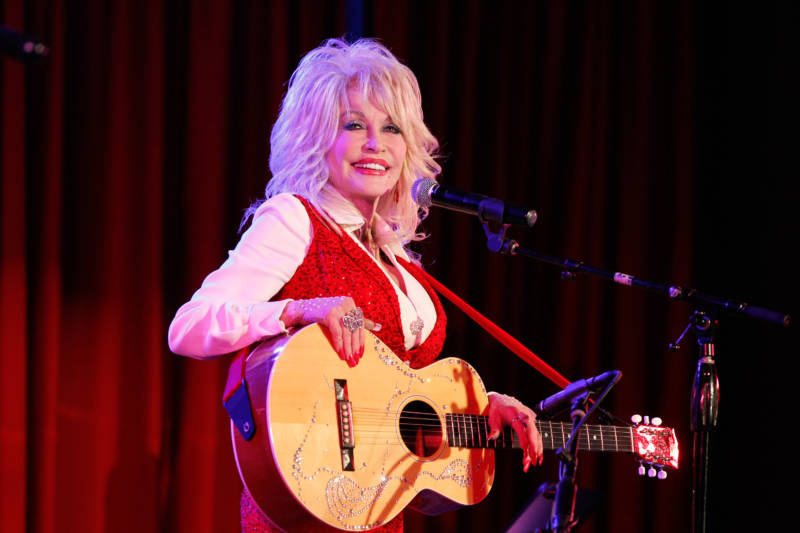The numbers are damning. In country music, only 12 percent of songwriters and 16 percent of artists are women. To make matters worse, while all but one of the genre's top-performing male artists are over 40, not one of the top-performing female artists has reached that milestone, suggesting systemic sexist ageism. Since last week's release of USC's Annenberg Inclusion Initiative research into equality in country music, there has been widespread concern over what it revealed.
The truth of the matter is that the music industry has the same problems, across the board, regardless of genre. Last year, the Annenberg Inclusion Initiative's pop results weren't vastly different from the country ones, showing that only 14 percent of songwriters, 22 percent of artists and 2 percent of pop producers were women. And when you shift away from pop and country, things get even worse.
Research into Billboard's end-of-year Top 100 chart between 1960 and 2008 found that 827 out of 1,250 songs were performed by men. When broken down into separate genres, male artists dominated every single one. In hip-hop, men accounted for 93 percent of performers; in rock, it was 78 percent; in the "other" category, it was 71 percent. The only genre even close to parity was R&B, which featured 48 percent female artists.
Country music has actually done a better job than many other genres when it comes to respecting and giving creative space to female artists. For all of its problems, country has allowed women the chance to assert their own voices and, in doing so, empower other women.
That tone was set early on. All the way back in 1968, Jeannie C. Riley called out slut-shaming, sexual harassment and body policing on the amazing "Harper Valley P.T.A." Loretta Lynn made similarly bold moves, most notably with 1975's "The Pill," which spoke in no uncertain terms about the joy of gaining one's own sexual and physical autonomy. Despite a mountain of controversy and several radio station bans, the ode to female contraception made it into the Top 5.


